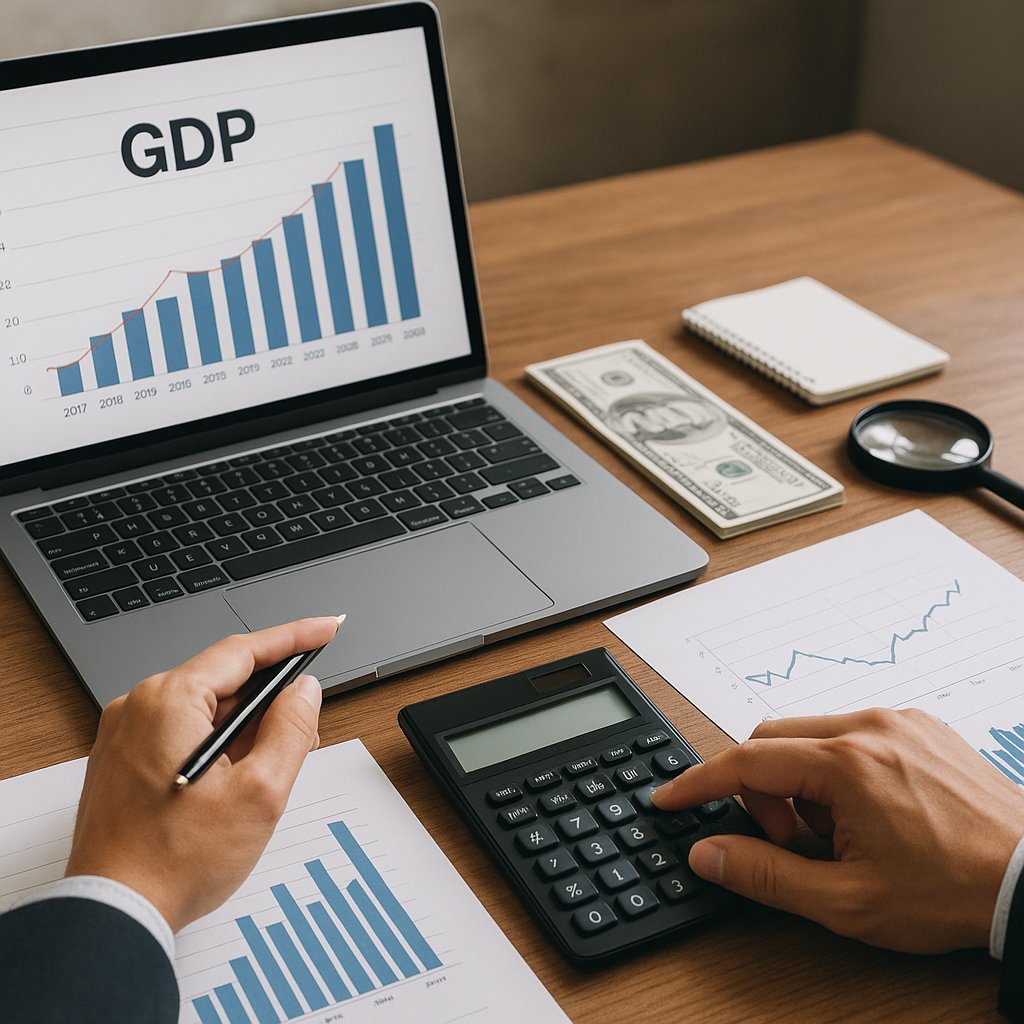Understanding the impact of geopolitical events on currency markets is crucial for investors looking to navigate the complex world of forex trading. Geopolitical events can cause significant fluctuations in currency values, and being able to anticipate and react to these changes can make the difference between profit and loss.
The Nature of Geopolitical Events
Geopolitical events encompass a wide range of occurrences, including political instability, wars, elections, trade negotiations, and international sanctions. These events can have both immediate and long-term effects on currency markets. For instance, a sudden outbreak of conflict in a major oil-producing region can lead to a spike in oil prices, which in turn can affect the currencies of countries that are heavily dependent on oil imports or exports.
Political Instability
Political instability is one of the most significant factors that can influence currency markets. When a country experiences political turmoil, such as a coup, widespread protests, or government corruption scandals, investor confidence can wane. This lack of confidence often leads to a sell-off of the country’s currency, causing its value to drop. For example, the Turkish lira has experienced significant depreciation during periods of political instability in Turkey.
Wars and Conflicts
Wars and conflicts can have a profound impact on currency markets. The uncertainty and economic disruption caused by armed conflicts can lead to significant currency depreciation. For instance, the Syrian civil war has had a devastating effect on the Syrian pound. Additionally, conflicts can also affect global markets, as seen with the impact of the Gulf War on oil prices and, consequently, on the currencies of oil-importing and exporting nations.
Economic Policies and Trade Negotiations
Economic policies and trade negotiations are other critical factors that can influence currency markets. Changes in interest rates, government spending, and trade agreements can all have significant effects on currency values. Investors closely monitor these developments to make informed decisions.
Interest Rates
Interest rates set by central banks are a key determinant of currency values. Higher interest rates typically attract foreign investment, leading to an appreciation of the currency. Conversely, lower interest rates can lead to a depreciation. For example, when the Federal Reserve raises interest rates, the US dollar often strengthens as investors seek higher returns.
Trade Agreements and Tariffs
Trade agreements and tariffs can also have a significant impact on currency markets. Positive trade negotiations can boost investor confidence and lead to currency appreciation, while trade disputes and tariffs can have the opposite effect. The US-China trade war, for instance, led to fluctuations in the value of the Chinese yuan and the US dollar as tariffs were imposed and negotiations took place.
Case Studies: Historical Examples
Examining historical examples can provide valuable insights into how geopolitical events impact currency markets. By analyzing past events, investors can better understand potential future scenarios and develop strategies to mitigate risks.
Brexit
The United Kingdom’s decision to leave the European Union, commonly known as Brexit, had a significant impact on the British pound. The uncertainty surrounding the negotiations and the potential economic consequences led to a sharp depreciation of the pound. Investors were concerned about the future of trade relations, regulatory changes, and the overall economic stability of the UK, leading to increased volatility in the currency markets.
The 2008 Financial Crisis
The 2008 financial crisis serves as another example of how geopolitical events can impact currency markets. The crisis, which originated in the United States, led to a global economic downturn. As a result, investors sought safe-haven currencies such as the US dollar and the Swiss franc, leading to their appreciation. Conversely, currencies of countries heavily affected by the crisis, such as the Icelandic krona, experienced significant depreciation.
Strategies for Investors
Given the potential impact of geopolitical events on currency markets, investors need to develop strategies to navigate these uncertainties. By staying informed and employing risk management techniques, investors can better position themselves to capitalize on opportunities and mitigate losses.
Staying Informed
One of the most important strategies for investors is to stay informed about global events. This involves monitoring news sources, economic reports, and political developments. By staying up-to-date, investors can anticipate potential market movements and make informed decisions. Subscribing to financial news services and following expert analysis can provide valuable insights.
Diversification
Diversification is another key strategy for managing risk in currency investing. By spreading investments across multiple currencies and asset classes, investors can reduce their exposure to any single geopolitical event. This approach helps to mitigate potential losses and provides a more stable investment portfolio.
Using Hedging Techniques
Hedging techniques can also be employed to protect against adverse currency movements. For example, investors can use options and futures contracts to hedge their positions. These financial instruments allow investors to lock in exchange rates or protect against unfavorable movements, providing a level of security in volatile markets.
Conclusion
The impact of geopolitical events on currency markets is a complex and multifaceted topic. Political instability, wars, economic policies, and trade negotiations can all lead to significant fluctuations in currency values. By understanding these factors and employing strategies such as staying informed, diversifying investments, and using hedging techniques, investors can better navigate the uncertainties of the forex market. Ultimately, being prepared and proactive can make the difference between success and failure in currency investing.




